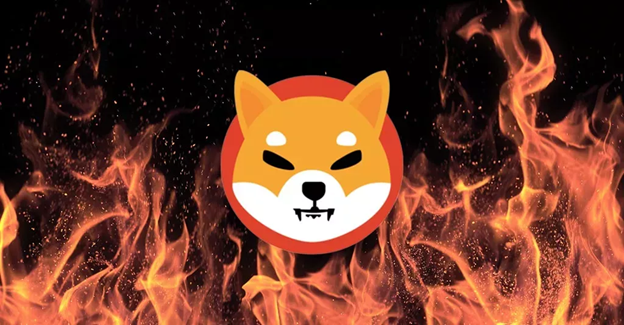Burning is a method of destroying tokens to create scarcity and increase the value of the remaining tokens. This is a common practice in the cryptocurrency space and is often used as a way to reduce inflation.
Uniglo (GLO), a project that has been gaining much attention lately, is set to implement a revolutionary burn mechanic. This mechanic will allow Uniglo (GLO) to compete with some of the biggest players in the space, such as Shiba Inu (SHIB), Litecoin (LTC), and Bitcoin (BTC).
Uniglo (GLO) And Its Revolutionary Burn Mechanic
The Glo Foundation introduces Uniglo (GLO) as a hyper-deflationary, asset-backed social currency on the Ethereum network, intending to build a community-driven ecosystem with active users and a volatility-hedge coin.
The primary tool for Uniglo to reach its goals is its Ultra-Burn Mechanism. Under the Uniglo protocol, a portion of every transaction is automatically burned or destroyed. This reduces the overall supply of GLO tokens, making them more scarce and valuable over time.
In addition, the Uniglo team has plans to use a portion of the fees collected from transactions to buy back and burn GLO tokens. This will further reduce the circulating supply and increase the value of the remaining tokens.
Buyback and burn practice is directly connected to profits from Uniglo Vault, which is funded by 5% transaction fees. With the DAO vote system, the community decides which assets to sell or purchase to expand the treasury, and revenues from these assets will be utilized to repurchase $GLOs and burn them.
Uniglo’s burn mechanic is a powerful tool that will create a virtuous circle of scarcity, demand, and value for the GLO token. This is sure to make Uniglo a project to watch in the coming months.
How Does Uniglo’s Burn Mechanic Compete With SHIB, LTC, And BTC?
Shiba Inu (SHIB), a famous meme-based cryptocurrency, is probably the crypto with the highest and largest burning rates. Shiba’s value has decreased dramatically during the current bear market. Thus, they felt the urge to develop an official website where investors would send SHIBs to dead wallets and burn themselves. Last week, the community burned more than 1.2 billion SHIB.
For Litecoin (LTC), one of the most commonly accepted cryptocurrencies and supported by over 2,000 merchants and stores worldwide, burning is not a widespread practice. Nonetheless, the Litecoin supply is structured to decrease over time to maintain the coin’s value.
Speaking of BTC, although creators have never burned Bitcoin supply to artificially inflate its price, 3.7 million Bitcoins have been lost for different causes, including loss of private key access, death, and more. Bitcoin is the dominant cryptocurrency by market capitalization. Hence it does not require burning to increase in value.
These three projects are widely adopted cryptocurrencies with distinct goals and solutions. However, they are all subject to market volatility. Recent bearish trends have demonstrated that even Bitcoin is not an effective hedge against inflation and volatility. And when Bitcoin struggles, other currencies also decline.
Therefore, investors with bear market experiences shift their focus to Uniglo.
Bottom Line
The burning mechanism is intended to assist Uniglo (GLO) realize its full potential and becoming a premier cryptocurrency. $GLO is scheduled to get listed on Uniswap in October. Until then, investors can join the army of early adopters by purchasing $GLOs on the website and taking advantage of the presale bonuses.
For More About Uniglo:
Join Presale: https://presale.uniglo.io/register
Website: https://uniglo.io
Telegram: https://t.me/GloFoundation
Discord: https://discord.gg/a38KRnjQvW
Twitter: https://twitter.com/GloFoundation1
Disclaimer: This is a paid release. The statements, views and opinions expressed in this column are solely those of the content provider and do not necessarily represent those of Bitcoinist. Bitcoinist does not guarantee the accuracy or timeliness of information available in such content. Do your research and invest at your own risk.
